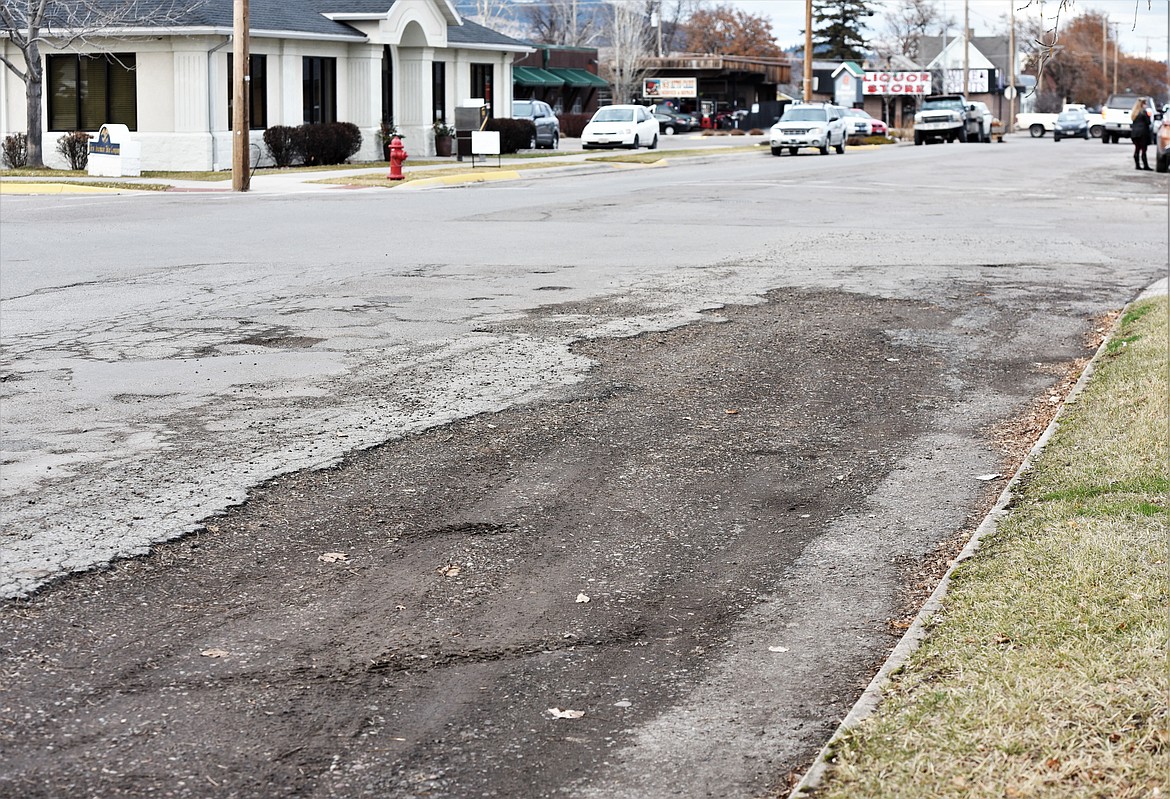Return of the resort tax
In terms of generally poor quality, public safety risk and lack of sidewalks, which Polson street do you think is the worst? That question was posted on the Leader’s Facebook page last week, and streets that were most commonly named included Fourth Avenue East, Third Avenue East and 11th Street. However, by far the most common response went something like: “LOL. All of them...
Become a Subscriber!
You have read all of your free articles this month. Select a plan below to start your subscription today.
Already a subscriber? Login




